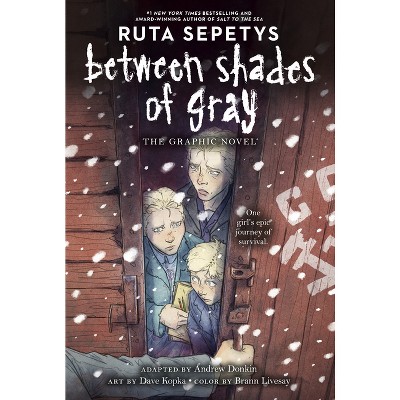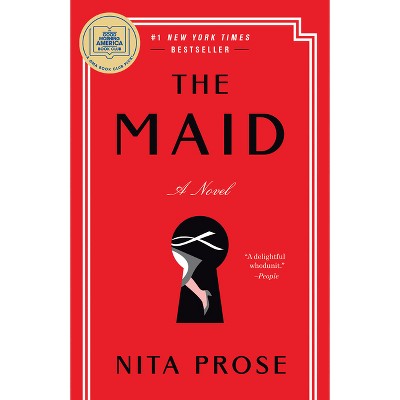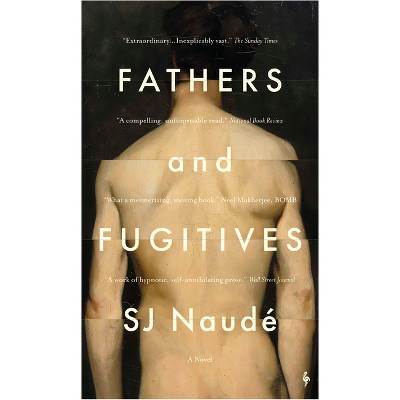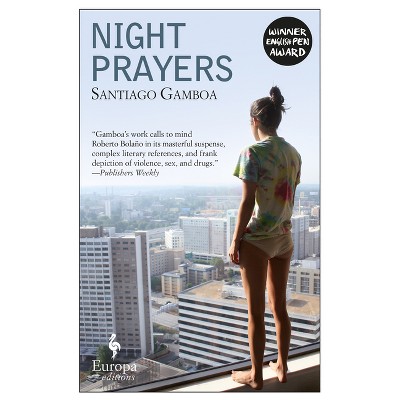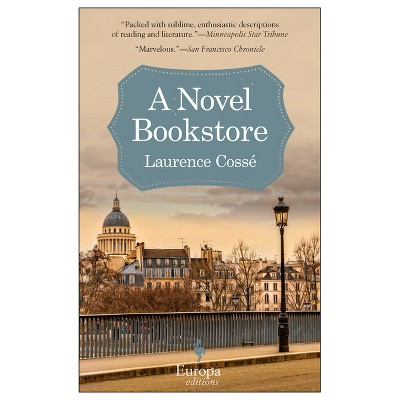Sponsored

Opium and Other Stories - by Geza Csath (Paperback)
In Stock
Sponsored
About this item
Highlights
- A rediscovered classic of Hungarian literature, this spellbinding collection vividly depicts the darkest impulses of the human psyche against the backdrop of Europe's moral and social decline on the eve of World War IGéza Csáth (pen name of Joszef Brenner) was a writer, playwright, musician, psychiatrist, and physician born in Hungary at the end of the 19th century.
- Author(s): Geza Csath
- 160 Pages
- Fiction + Literature Genres, Short Stories (single author)
Description
About the Book
"This spellbinding collection of stories by one of Eastern Europe's most visionary authors vividly depicts the darkest impulses of the human psyche and the irrationality lurking just beneath the surface of a seemingly rational society teetering on the verge of the abyss. Set against the backdrop of a Europe descending into the chaos of World War I, Csâath's stories possess clarity, insight, and at times are remarkable for their shock-value. They are unsettling and gothic, surreal and dreamlike, and each in its own way pierces the veil of normality to reveal a truth to which Csâath himself ultimately succumbed"--Inside front cover.Book Synopsis
A rediscovered classic of Hungarian literature, this spellbinding collection vividly depicts the darkest impulses of the human psyche against the backdrop of Europe's moral and social decline on the eve of World War I
Géza Csáth (pen name of Joszef Brenner) was a writer, playwright, musician, psychiatrist, and physician born in Hungary at the end of the 19th century. One of Sigmund Freud's earliest followers, he pushed both life and art to radical extremes in an all-consuming--and ultimately fatal--search for the unvarnished truth about the human condition.
Written with unsparing clarity and reminiscent of the works of Frank Kafka and Edgar Allan Poe for their dark pessimism and gothic imagination, the short stories collected here pierce the veil of the seemingly tranquil, ordinary lives of their protagonist. At times realistic, at times dreamlike, Csáth's gruesome, harrowing tales reveal the violent and irrational forces lurking just beneath the surface of a society on the verge of the abyss.
"A memorable volume, Csáth's depiction of the collapse of Central Europe, by way of magnification of the collapse of the individual, is uncannily prophetic."--Joyce Carol Oates, The New Republic
Review Quotes
"The stories are deranged little fables in the vein of Oscar Wilde but involving incest, animal torture and murder... An elegantly grotesque cult classic is once again obtainable, for those with the stomach for it."--Sam Sacks, Wall Street Journal
"This striking collection from Csáth (1887-1919) introduces readers to the physician, writer, and musician's fertile imagination... Throughout, Csáth demonstrates a thrilling and unnerving commitment to amoral presentations of dark subject matter. Csáth's matter-of-fact depictions of cruelty are sure to alienate some, but others will find them wild and audacious. Regardless of how it lands, this is a fearless work."--Publishers Weekly
"[These stories] all exhibit the author's desire to get at the center of human experience...Exquisitely gothic."--Eric Lorberer, Rain Taxi Review of Books
"Csáth's short stories are and extraordinary, uneasy mixture of sentimentality, sadism, and sexual repressions--nasty tales, not dissimilar to some of the fictions of the contemporary United States and United Kingdom, both countries in which the collective dream has, latterly, also broken down under the impact of too much reality. During Csáth's lifetime Sigmund Freud, the scrutineer of dreams, built up the enormous hypothesis of the unconscious in Vienna, the greatest city of the empire, which encompassed Hungary, Csáth's homeland, more and more uneasy. It is difficult to read Csáth, a specialist in 'nervous disorders' himself, without thinking of Freud's analysis of the subtext of human experience.... [An] opium addict and therefore a specialist in dreams, [Csáth] wrote short stories comfortless as bad dreams, sometimes decorating them languorously with art-nouveau impedimenta of lilies, lotuses, and sulphurous magic, at other times relating them in the cool, neutral language of the case-book. He was also a doctor. No real contradiction here; the medical profession not only offers a free access to narcotics but often, since it involves considerable exposure to human suffering, implicity invites their use."--From the Introduction by Angela Carter
Shipping details
Return details
Frequently bought together
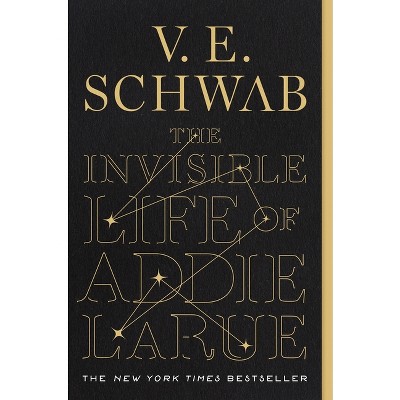
Trending Literary Fiction




